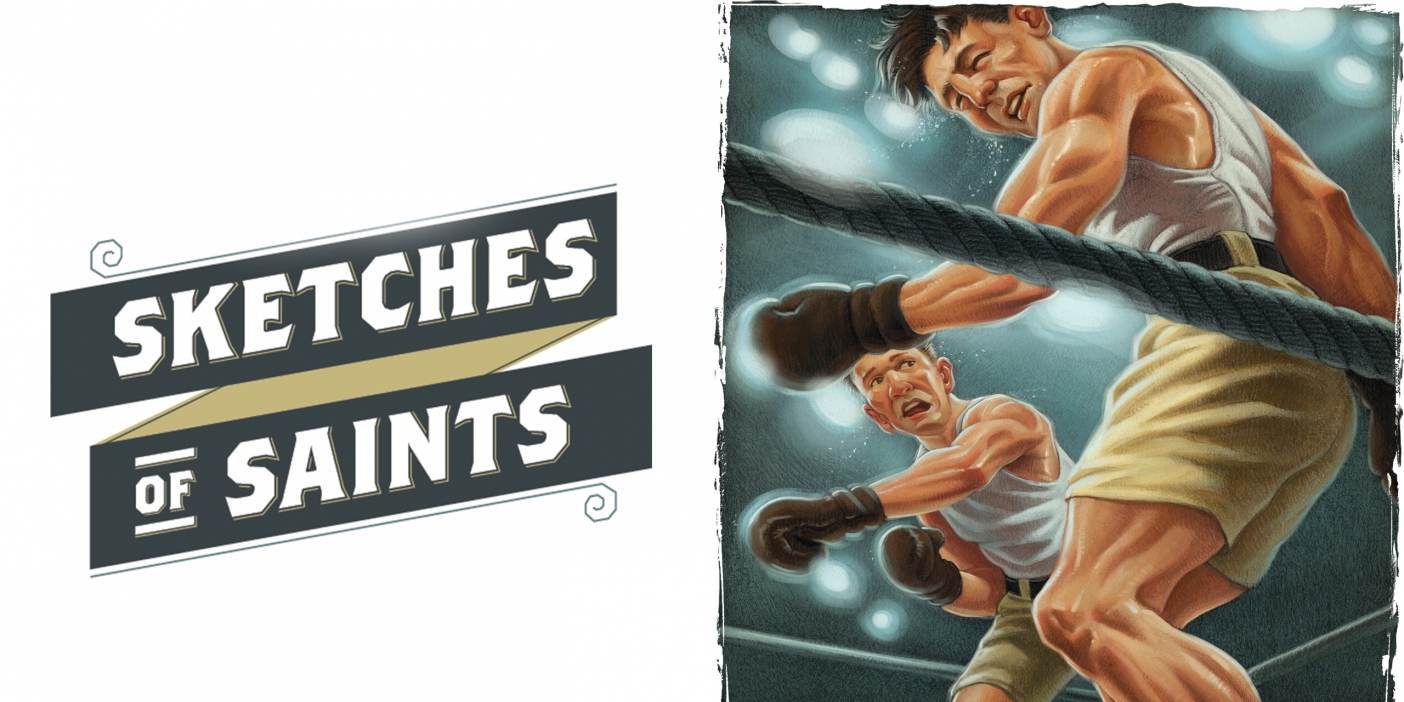When she did not have a satisfactory answer to a question, be it one of her own or one of her students’, Church history professor Susan Easton Black (BA ’66) would write it down. “I’ve got a journal literally filled with questions,” she says. Her new book, 400 Questions and Answers About the Life and Times of Jesus Christ, presents some of these questions and her researched answers. “For me, knowing details reaffirms over and over again that it happened. . . . It causes my testimony to sink deeper in my heart.” Here are adaptations of her answers to a few of the questions.
Q: Was Jesus reproving repeated requests in prayer when He said, “Use not vain repetitions” (Matt. 6:7)?
A: Jesus decried the heathens’ prayers as vain repetitions, meaning the prayer had no value. He did not decry repeated prayers. In fact, in the Garden of Gethsemane, He prayed three times for deliverance.
At the time of Jesus, the heathen doctrine of prayer was that the number of prayers, not the sincerity of prayer, determined whether a divine answer would be granted. Jews referred to heathen prayers as mere babbling because of their length and precise repetitions. The extreme length was based on mentioning each god to ensure that the prayer reached the god that would answer. Since each god had its own epithet, the right epithet needed to be stated precisely to ensure a favorable answer.
Q: What plant did Roman soldiers use to make the crown of thorns they placed on the head of Jesus?
A: Prickly and thorny shrubs grew near the Antonia Fortress, where Jesus may have been judged by Pilate. Christian tradition suggests that soldiers used the Ziziphus Spina-Christi, a tropical evergreen shrub or small tree commonly known today as the Christ-thorn.
Q: Was Jesus acting the part of a slave when
He washed the feet of the Apostles?
A: To be girded with a towel was to be acknowledged as a slave. Slaves washed the feet of their masters and, as a courtesy, the feet of their master’s guests. Large stones or ceramic basins were placed near the entrances of all but the poorest houses in Palestine so that masters and their invited guests could have their feet bathed as they entered.
Jesus did not wash the feet of His Apostles when they entered the upper room. He washed their feet during the Passover feast.










